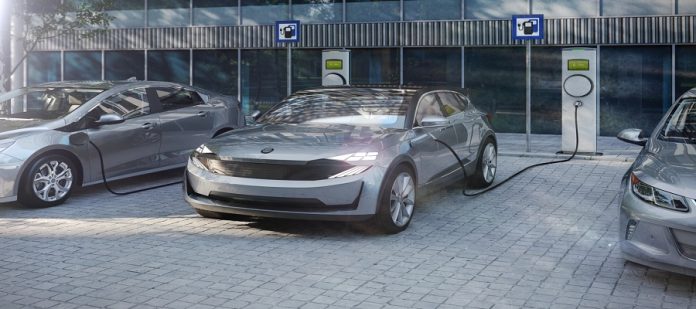In a significant move impacting the electric vehicle (EV) landscape, the Indian government has firmly declined requests for duty exemptions and subsidies on the import of EVs, a decision that directly affects major players like Tesla and other international car manufacturers.
After intense deliberations and multiple proposals, the Union Government, led by Minister of State for Commerce and Industry Som Parkash, clarified its stance, emphasizing the commitment to fostering in-house manufacturing and production of cutting-edge automobile technologies, including electric vehicles and their components.
Background:
Global car-makers, notably Tesla, had sought relief from local value addition costs associated with heavy batteries, semiconductors, and magnetic parts. Additionally, they pressed for subsidies to facilitate the import of their electric vehicles into the Indian market.
Government’s Response:
Minister Som Parkash, responding to media inquiries, highlighted the existing Production Linked Incentive (PLI) scheme for the auto component and automobile industry, boasting an outlay of Rs 25,938 crore. The government maintains that this initiative is designed to provide fiscal incentives for domestic manufacturing, aligning with the ‘Make in India’ policy.
Minister’s Statement:
“Presently, there is no proposal either to provide an exemption from local value addition costs or to provide subsidies on import duty on EVs in India,” declared Minister Som Parkash. He further underscored the government’s commitment to stimulating both foreign and local investments, contributing to increased domestic value addition.
Government Initiatives:
In a written statement to the lower house of the parliament, the Minister detailed various initiatives aimed at enhancing foreign and local investments. Notably, a recent PLI scheme of Rs 18,100 crore was signed to propel the development of cutting-edge chemistry cells for battery storage. This scheme aims to incentivize the establishment of Giga-scale Advanced Chemistry Cell (ACC) manufacturing facilities, with a targeted production capacity of 50 gigawatt hours.
The government’s decision reflects a strategic focus on bolstering indigenous manufacturing capabilities, ensuring technological advancements within the domestic EV industry, and aligning with broader initiatives to promote sustainable mobility in India.








